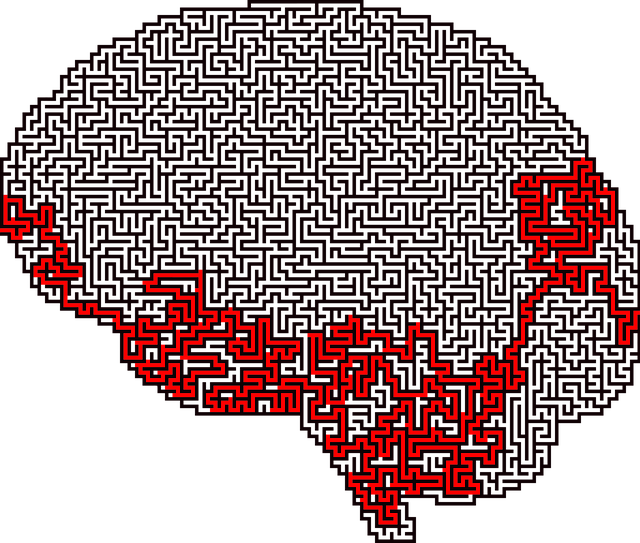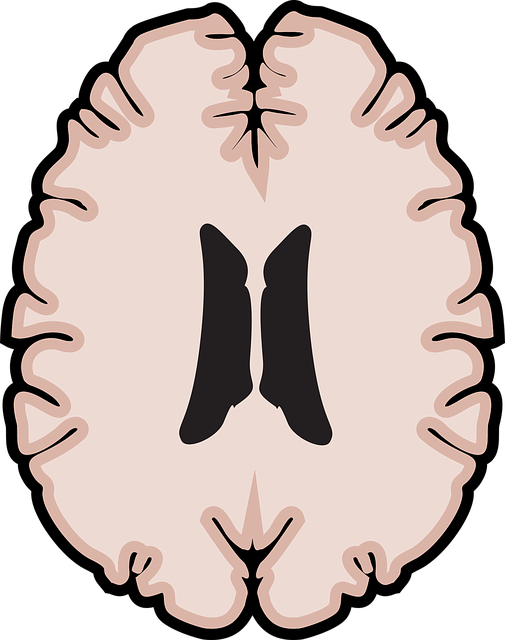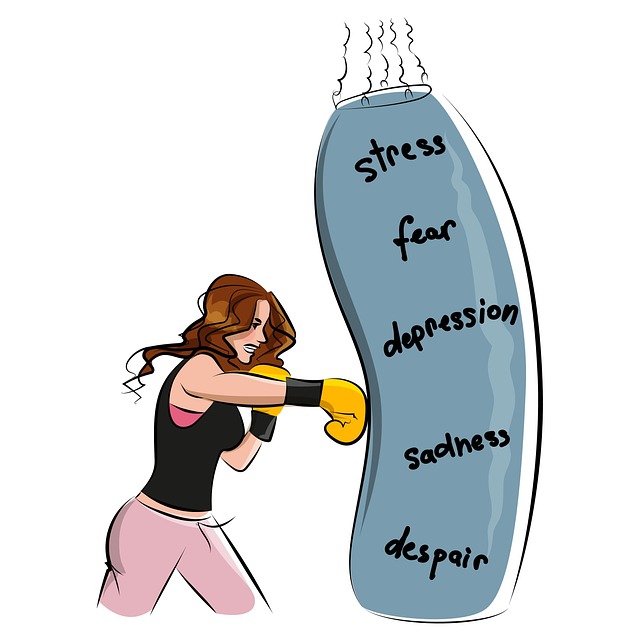Lafayette Depression Therapy offers comprehensive solutions for managing mood disorders, combining Cognitive Behavioral Therapy (CBT), lifestyle changes, and holistic practices. By focusing on early intervention, personalized approaches, compassion cultivation, and wellness coaching, they reduce stigma and empower individuals to overcome depression and anxiety through coping skills, stress management, and targeted interventions. This evidence-based therapy promotes emotional well-being, enhances daily functioning, and fosters resilience for long-term mental health.
Mood regulation is a vital skill for navigating life’s challenges and maintaining emotional well-being. This article explores various strategies to help understand and manage moods effectively. From cognitive behavioral therapy (CBT) techniques to lifestyle changes, we delve into practical methods for long-term mood stability. Discover how Lafayette Depression Therapy plays a pivotal role in empowering individuals to take control of their mental health and embrace a more balanced life.
- Understanding Mood Regulation and Its Importance
- Cognitive Behavioral Therapy (CBT) Techniques for Mood Management
- Lifestyle Changes to Support Emotional Well-being
- The Role of Lafayette Depression Therapy in Long-term Mood Regulation
Understanding Mood Regulation and Its Importance

Understanding mood regulation is crucial in navigating life’s challenges and cultivating overall well-being. It involves recognizing and managing emotional states to achieve a sense of balance and stability. In today’s fast-paced world, where stress and anxiety are prevalent, effective mood regulation strategies become essential tools for maintaining mental health. Lafayette Depression Therapy emphasizes the importance of early intervention and personalized approaches to address mood disorders, offering hope and improved quality of life for those struggling with depression or related conditions.
The impact of successful mood regulation extends beyond individual experiences; it contributes to reducing the stigma surrounding mental illness. Through practices like compassion cultivation and the development of mental wellness coaching programs, individuals can gain insights into their emotional responses and learn coping mechanisms. These efforts not only benefit the person but also foster a more supportive societal environment, encouraging open conversations about mental health and promoting understanding.
Cognitive Behavioral Therapy (CBT) Techniques for Mood Management

Cognitive Behavioral Therapy (CBT) offers powerful techniques for managing and regulating moods, making it a popular choice in Lafayette Depression Therapy. This therapeutic approach focuses on identifying and changing negative thought patterns and behaviors that contribute to low mood states. By challenging and modifying these thoughts, individuals can gain a more balanced perspective, leading to improved emotional well-being.
Through CBT, clients develop coping skills tailored to their unique needs, such as crisis intervention guidance to navigate intense emotions. It empowers them to understand the connection between thoughts, feelings, and behaviors, enabling effective mood management. The mind over matter principles underlying CBT encourage individuals to take an active role in their mental health, fostering resilience and a sense of control during challenging times.
Lifestyle Changes to Support Emotional Well-being

Making lifestyle changes is a powerful tool in supporting emotional well-being and can be a significant aspect of Lafayette Depression Therapy. This involves adopting habits that nurture mental health and foster resilience against adverse emotions. Regular exercise, for instance, has been shown to boost mood and reduce symptoms of depression by increasing the production of endorphins, which act as natural painkillers and promote feelings of happiness. A balanced diet is another crucial element; certain foods contain nutrients vital for brain health and can positively impact emotional stability.
Additionally, prioritizing quality sleep is essential for maintaining mental wellness. Adequate rest allows the body to recover and rebalance its systems, including those related to emotion regulation. Incorporating stress-reducing techniques like mindfulness meditation or engaging in hobbies that bring joy can also be beneficial. These practices, often recommended in Burnout Prevention Strategies for Healthcare Providers and Mental Wellness Podcast Series Production, offer healthy outlets for managing and understanding one’s emotions.
The Role of Lafayette Depression Therapy in Long-term Mood Regulation

Lafayette Depression Therapy offers a comprehensive approach to long-term mood regulation, addressing not just symptoms but also their underlying causes. This therapy is designed to empower individuals with effective coping skills and strategies for managing stress, which are essential components of mental health policy analysis and advocacy. By focusing on these aspects, it helps clients develop resilience and maintain emotional well-being in the face of life’s challenges.
The effectiveness of Lafayette Depression Therapy lies in its ability to facilitate personal growth and self-awareness. Through tailored interventions, individuals learn to recognize and change negative thought patterns, effectively reducing symptoms of depression and anxiety. This not only improves their day-to-day functioning but also promotes better overall mental health, including stress reduction methods that can be integrated into daily routines.
Mood regulation is a vital aspect of emotional well-being, and with the right strategies, individuals can effectively manage their moods. From cognitive behavioral therapy (CBT) techniques to lifestyle changes, there are numerous ways to foster positive mental health. Lafayette Depression Therapy offers specialized support for long-term mood regulation, emphasizing a holistic approach to treatment. By combining evidence-based practices with personalized care, this therapy helps individuals gain the tools needed to navigate and improve their emotional landscape.














